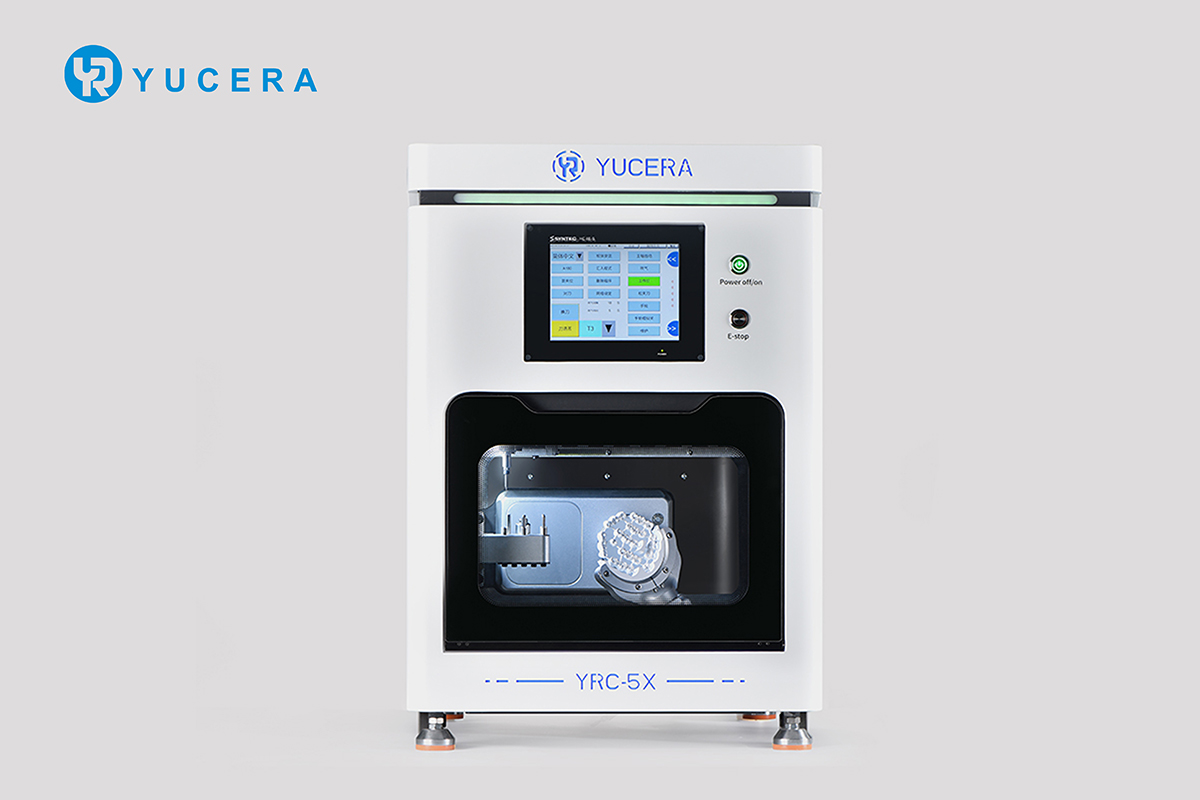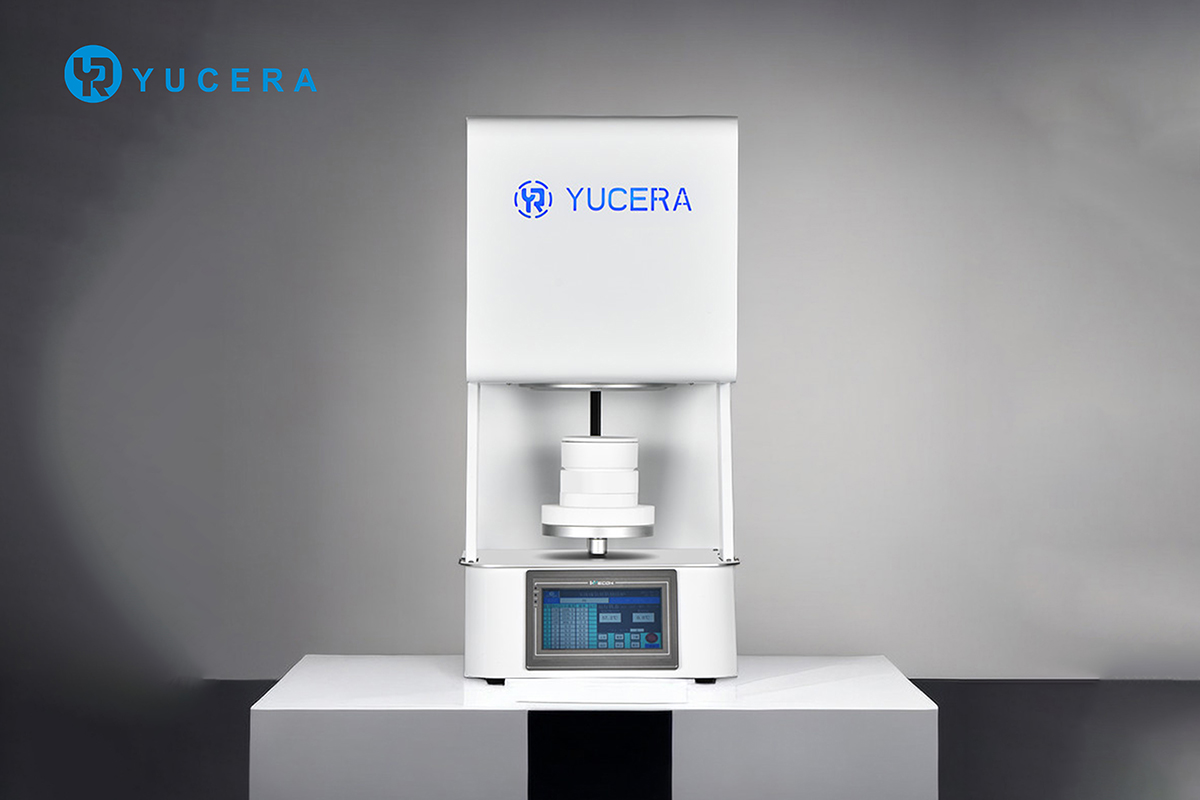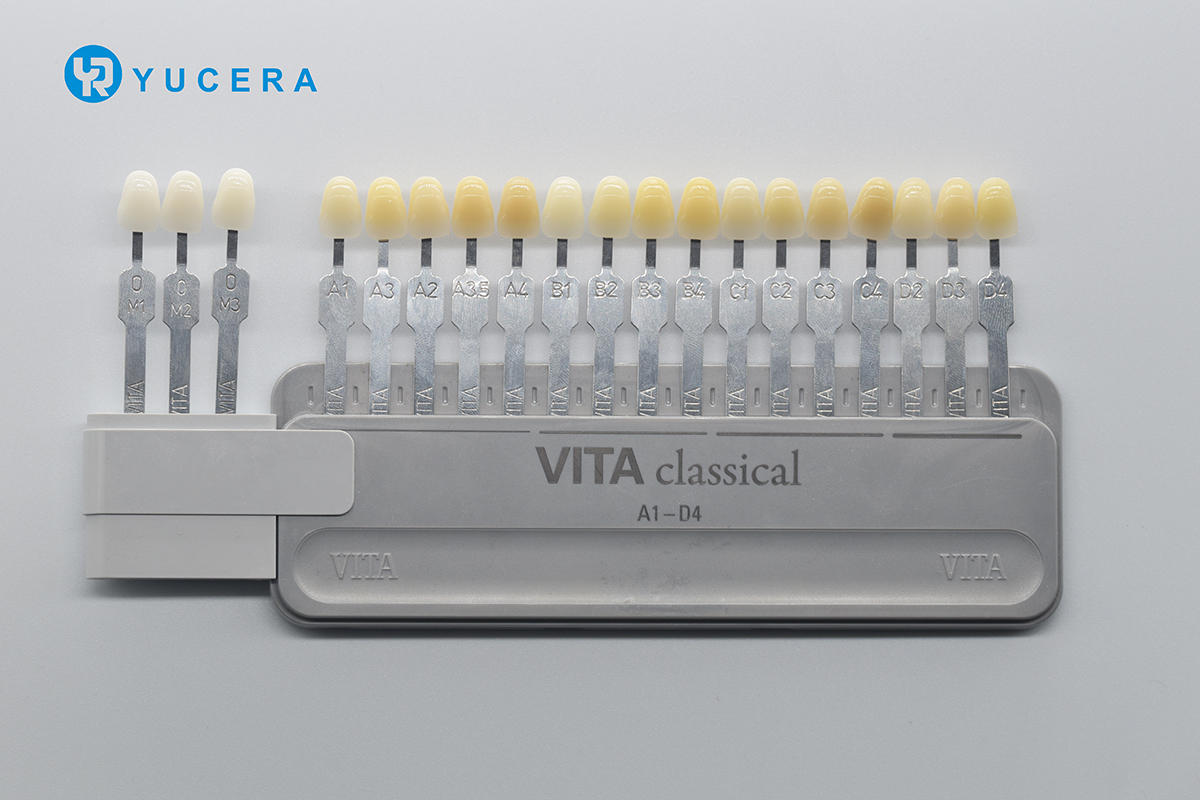Comprehensive Guide to Zirconia Veneers
2024-08-10
2024-10-12
With the aging population and increased awareness of oral health, the demand for dentures continues to rise, offering a broad market prospect. More and more professionals in the oral industry are considering establishing a dental laboratory. What are the key pieces of equipment required to set up a dental laboratory?
Workstation
Laboratory furniture, including workbenches and lighting equipment, is the basic equipment needed in every laboratory.
Digital Milling Equipment
Dry/Wet Dental Milling Machines: These are high-precision CNC machines specifically designed for dental restorations and fabrication. They can automatically carve various dental restorations such as crowns, bridges, inlays, and veneers based on Computer-Aided Design (CAD) data.

Digital Scanners
Primarily used for scanning dental models, providing data support for subsequent restoration design using intraoral scanner.
Sintering Furnace
A specialized piece of equipment used to process dental zirconia at high temperatures. After zirconia is carved into crowns, bridges, and other restorations, the sintering furnace is crucial for transforming these materials into hard and durable dental restorations.

Porcelain Furnace
An indispensable piece of equipment in the field of dental restoration, suitable for shaping and aesthetic color restoration of teeth (porcelain firing, staining, glazing, etc.), creating more translucent and natural-looking restorations.
3D Resin Printer
The role of 3D printing in dentistry is becoming increasingly widespread. Resin 3D printing can be used to create temporary, high-precision, and aesthetically pleasing crowns and bridges.
Vacuum Cleaner
Used to remove dust and debris generated during equipment processing, maintaining cleanliness and hygiene.
Steam Cleaner
For cleaning and disinfecting equipment.
Handheld Equipment
Including dental handpieces and motors, used for grinding and porcelain firing of dentures.
LED Work Light
Accurate lighting allows technicians to correctly match the shade of the restoration with the patient's natural teeth without causing eye fatigue. Lighting with a Color Rendering Index (CRI) of 90 or above is similar to natural sunlight and is therefore most suitable for shade matching.
Common Small Tools
1.Model workpiece boxes; 2. Rubber bowls and mixing knives; 3. Wax knives and carving knives; 4. Porcelain tools; 5. Technician's pliers; 6. Articulators; 7. Glaze plates; 8. Universal joint facebow products; 9. Metal-specific precision calipers; 10. Wax model-specific precision calipers; 11. Standard shade guides; 12. Special magnifying glasses; 13. Glaze pens, etc.

Digital technology is being increasingly applied in denture processing, such as CAD/CAM technology and 3D printing, making the production of dentures more precise and efficient, improving production efficiency, and product quality. In a dental laboratory, if there are new restoration methods, corresponding production equipment must be available.